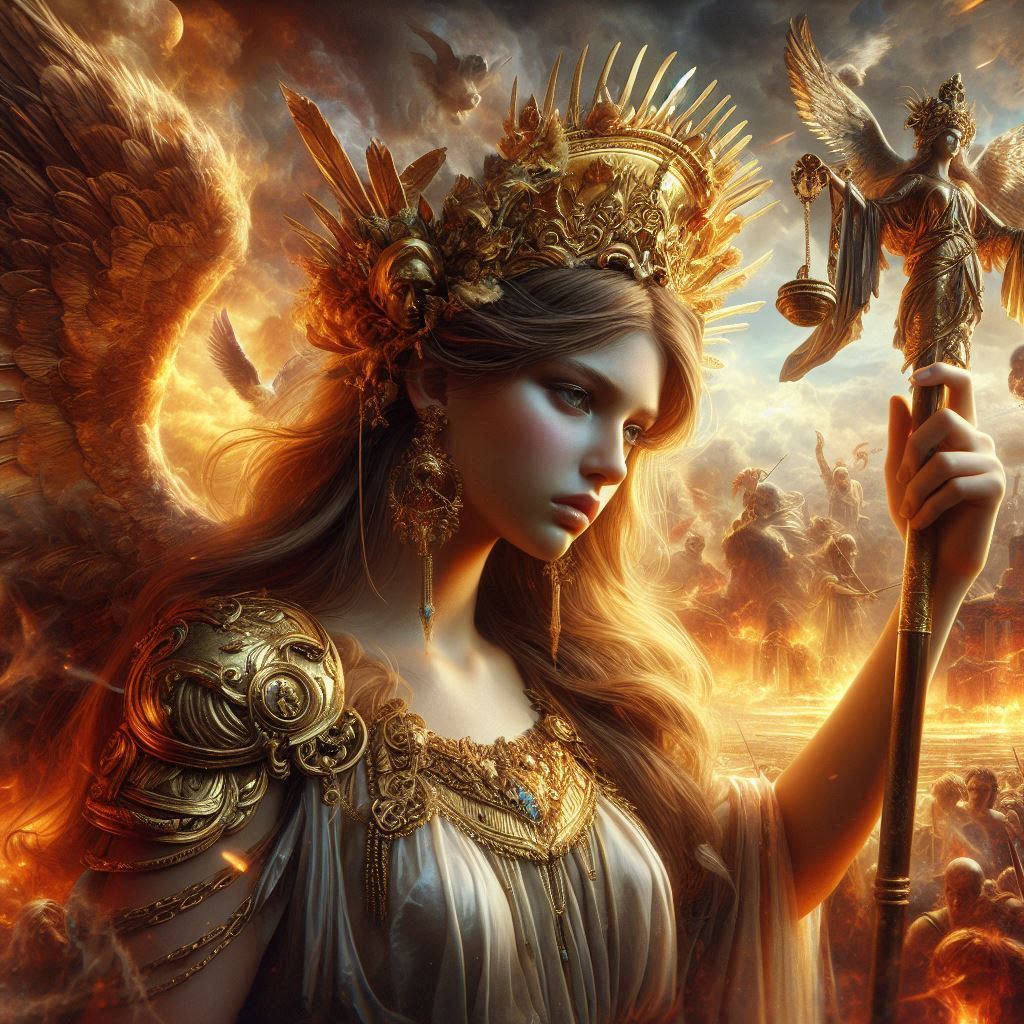Table of Contents
The World of Yesterday: A Testament to a Lost Civilization
Stefan Zweig’s The World of Yesterday stands as a luminous testament to a vanished era, embodying a profound reflection on cultural, political, and intellectual life in Europe before the catastrophes of the 20th century. Written as an autobiographical narrative in 1942, shortly before Zweig’s tragic death, the book chronicles his life and the transformation of Europe, juxtaposing the serene stability of pre-World War I Europe with the chaos and disillusionment wrought by war, nationalism, and authoritarianism.

Zweig’s memoir is more than a personal story; it is an elegy for the “Golden Age of Security,” as he nostalgically calls the prewar years of the Austro-Hungarian Empire. He paints a vivid picture of a society rooted in liberal values, intellectual flourishing, and a collective belief in progress. This world, however, was built on fragile foundations, as Zweig himself acknowledges in hindsight. The pillars of this idyllic existence—economic stability, cultural refinement, and a belief in the continuity of civilization—would crumble under the pressures of global conflict and ideological extremism.
The Belle Époque: A Vanished Splendor
Zweig’s childhood and early adulthood coincided with the Belle Époque, a period of remarkable cultural and artistic achievement in Europe. He describes Vienna as the heart of this world, a city imbued with music, literature, and art, where intellectuals like Freud, Mahler, and Klimt reigned supreme. Zweig’s access to this vibrant cultural milieu shaped his identity as a writer and humanist. He fondly recounts his encounters with literary giants such as Rainer Maria Rilke, Hugo von Hofmannsthal, and Auguste Rodin, all of whom symbolized the boundless creativity of the age.
Yet, even in these moments of cultural glory, Zweig detects the seeds of discord. Beneath the surface of refinement lay social inequalities, nationalist tensions, and the hubris of an empire that underestimated the fragility of its unity. Zweig’s narrative underscores the dangers of blind faith in progress, highlighting how the very stability that Europe prided itself on masked vulnerabilities that would erupt in the devastating wars to come.
World War I: The Shattering of Illusions
The outbreak of World War I marked the end of the world Zweig cherished. The war shattered the cosmopolitan ideals of the Habsburg Empire, replacing them with virulent nationalism and cultural insularity. Zweig portrays the conflict as a betrayal of Europe’s intellectual and moral heritage, a descent into barbarism that destroyed the shared cultural bonds he valued.
As an ardent pacifist, Zweig experienced the war as a profound personal and ideological crisis. He describes the growing isolation of intellectuals like himself, who opposed the militaristic fervor sweeping the continent. The war’s aftermath left Europe fractured, with the Treaty of Versailles planting the seeds of future conflicts. Zweig’s despair at the rise of fascism and the subsequent erosion of democratic values reflects his understanding of history as cyclical, with moments of enlightenment inevitably giving way to darkness.
Exile and the Loss of Identity
Zweig’s life in the interwar years mirrors Europe’s turbulent trajectory. The rise of Adolf Hitler and the annexation of Austria forced Zweig, a Jew and a vocal opponent of authoritarianism, into exile. His wanderings across Europe and later to Brazil reflect not only his personal displacement but also the broader disintegration of the cosmopolitan ideal he cherished.
In exile, Zweig grappled with the loss of his cultural identity and the fragmentation of the world he once knew. He describes the pain of seeing Europe’s cultural achievements desecrated by totalitarian regimes that weaponized art and literature for propaganda. For Zweig, exile was not merely a physical displacement but an existential one—a severance from the intellectual and artistic community that had defined his life.
The Tragedy of Nostalgia
At its heart, The World of Yesterday is a meditation on nostalgia. Zweig’s longing for the prewar world is tinged with both affection and melancholy. He acknowledges the imperfections of that world, from its rigid social hierarchies to its complacency, yet he cannot help but mourn its loss. His writing captures the profound disorientation of living through an era when the certainties of the past had been obliterated, leaving only a sense of irretrievable loss.
This nostalgia is particularly poignant in the context of Zweig’s suicide in 1942. For him, the collapse of European civilization under the weight of fascism and war represented an irreparable rupture. The World of Yesterday thus becomes not only a historical document but also a personal farewell, a final attempt to preserve the memory of a world he believed would never return.
Relevance Today
Zweig’s memoir remains profoundly relevant in the 21st century, serving as both a cautionary tale and a source of inspiration. His reflections on the dangers of nationalism, the fragility of democracy, and the value of cultural exchange resonate in an era marked by political polarization and rising authoritarianism. Zweig’s commitment to humanism and his belief in the power of art and literature to transcend boundaries offer a compelling vision of what a truly united world might look like.
At the same time, The World of Yesterday invites readers to reflect on the nature of historical memory. Zweig’s account reminds us that no era, however golden it may appear in retrospect, is immune to the forces of change and decay. His story underscores the importance of vigilance, empathy, and a commitment to preserving the values of openness and inclusivity that he held dear.
Conclusion
The World of Yesterday is not just Stefan Zweig’s autobiography; it is a requiem for a lost civilization and a profound exploration of the human condition. In its pages, Zweig captures the beauty and fragility of the world he knew, offering a timeless meditation on the interplay between culture, history, and identity. As we navigate our own uncertain times, Zweig’s reflections remind us of the enduring importance of humanism, the dangers of complacency, and the necessity of striving for a better future.


No responses yet